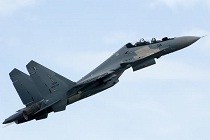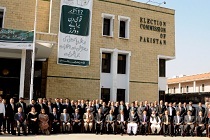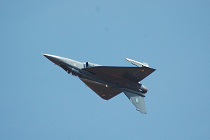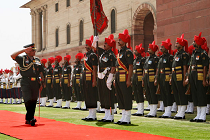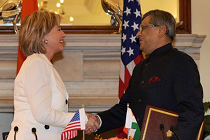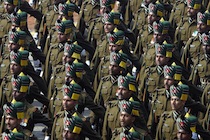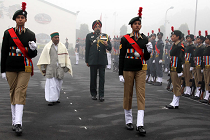The upward swing of Beijing’s military-industrial complex
The Chinese defence industry has emerged as one of the world’s top five arms exporters. It has come a long way from the early 1990s when it was characterised by inefficiency, corruption, and poor performance.

